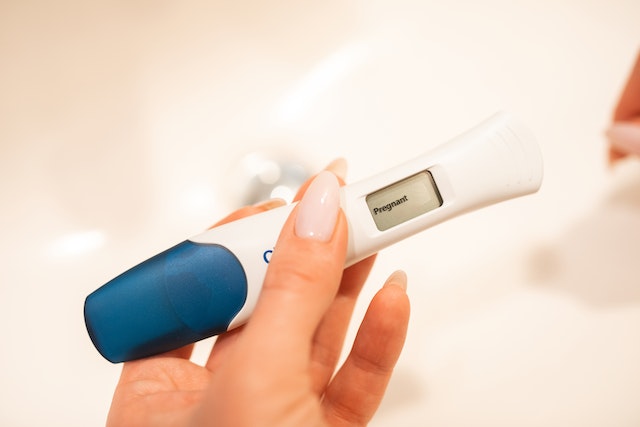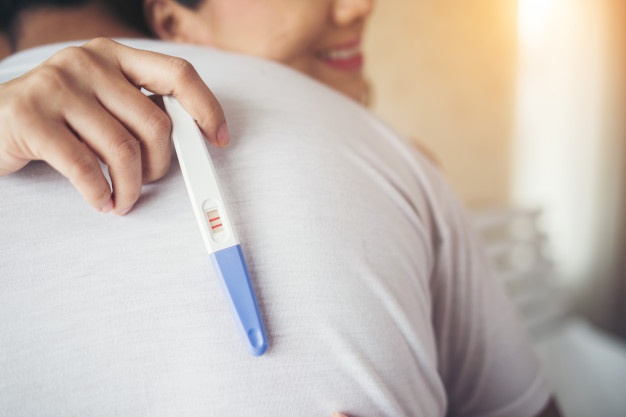Introduction:
As an experienced gynecologist, I understand that the accuracy of a pregnancy test is of
utmost importance to women who are trying to conceive or are concerned about a
potential pregnancy.
However, the possibility of receiving a false negative pregnancy test result can be a
source of anxiety and confusion.
In this article, we will explore the factors that can contribute to a false negative pregnancy
test and provide insights to help you better understand this phenomenon.
Understanding Pregnancy Tests:
Pregnancy tests work by detecting the hormone human chorionic gonadotropin (hCG),
which is produced by the placenta after a fertilized egg attaches to the uterine lining.
The presence of hCG in the urine or blood is a definitive sign of pregnancy. However,
several factors can affect the accuracy of these tests, leading to false negative results.
Early Testing:
One common reason for a false negative pregnancy test is testing too early.
Even the most sensitive pregnancy tests may not be able to detect hCG in the very early
stages of pregnancy.
It is advisable to wait until after your expected period before taking a test to increase the
accuracy of the result.
Diluted Urine:
The concentration of hCG in your urine can vary throughout the day.
A pregnancy test is most accurate when performed with the first morning urine, as it is
more concentrated.
Using diluted urine can reduce the chances of hCG detection, potentially leading to a false
negative result.
Incorrect Testing:
It’s important to follow the manufacturer’s instructions when taking a pregnancy test.
Failing to do so, such as using an expired test kit or not holding the test stick in the urine
stream for the recommended duration, can affect the reliability of the result.
Ectopic Pregnancy:
In some cases, a false negative result can be due to an ectopic pregnancy, where the
fertilized egg implants outside the uterus.
Since the hCG levels in ectopic pregnancies can be lower, they may not be detected by a
standard pregnancy test.
Medications and Medical Conditions:
Certain medications and medical conditions, such as urinary tract infections, ovarian cysts,
and kidney disease, can interfere with hCG detection, potentially leading to false negative
results.
Conclusion:
While pregnancy tests are generally reliable, the possibility of a false negative result
should be acknowledged.
If you receive a negative test result but still suspect that you might be pregnant, it’s
advisable to wait a few days and retest.
If you continue to experience symptoms or uncertainty, consult with a healthcare
professional, such as an experienced gynecologist, who can provide further guidance and
possibly recommend a blood test, which is more sensitive and can detect lower levels of
hCG.
Remember that every woman’s body is unique, and factors such as the timing of testing,
the concentration of hCG, and individual health conditions can all play a role in the
accuracy of a pregnancy test.
As an experienced gynecologist, I urge you to seek professional advice if you have
concerns about your pregnancy status or if you suspect that a false negative result may
have occurred.
Your health and well-being are our top priorities.












